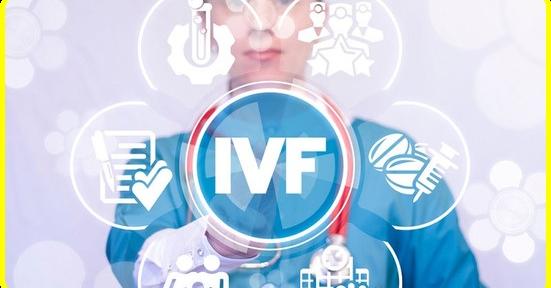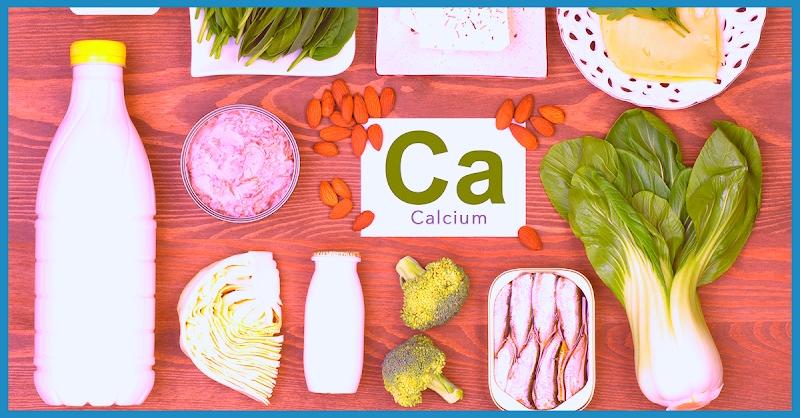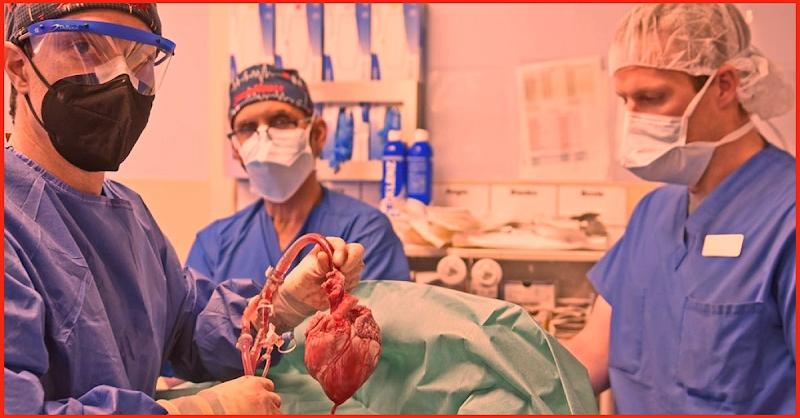The journey of pregnancy makes you explore many things, and everyone has a unique story to tell. The most common doubt among aspiring parents related to Assisted Reproductive Technologies (ART) is whether IVF pregnancy is any different from normal conception. The truth is both yes and no!
The IVF procedure differs from natural pregnancy in that the former involves retrieving eggs from the woman’s ovaries, then combining them in the lab with collected sperm from the male’s partner, waiting for 3-4 days for embryo culture, and finally transferring the selected embryo into the uterus. Even though the process of becoming pregnant through ART is different from normal conception, the nine-month journey is identical to a natural conception, except for the initial weeks.
Methods of Natural and IVF Pregnancies
Natural pregnancy occurs through copulation and has a higher rate of unexpected conceptions compared to IVF procedures.
The methods for IVF pregnancy include Ovarian Hyperstimulation (OH), Natural IVF, final maturation induction, egg retrieval, sperm and egg preparation, co-incubation, embryo culture and selection, and embryo transfer, followed by prescribed medications.
Many patients confuse Ovarian Hyperstimulation Syndrome (OHS) with early pregnancy. OHS is often a side effect of IVF treatment and involves signs like stomachaches, nausea, or cramping. You should wait for one to two weeks if it’s mild, or else consult the doctor before presuming about pregnancy.
Stages of Changes in IVF Pregnancy
● The Initial Phase: First Two Weeks
The basic difference between IVF Pregnancy and normal ones is that of awareness. In the case of natural conception, most couples are unaware of their pregnancy initially. On the other side, IVF couples concede everything since the embryo transplant. So, IVF parents are more anxious from day 1 itself.
The complex IVF treatment makes the journey more sensitive, as your mind wants to see positive pregnancy news. Often, over-emphasized stress is the primary cause of failed IVF pregnancies.
In the first two weeks, it is important to take all medications on time and lead a healthy lifestyle. So, the common answer to questions like after how many weeks IVF pregnancy is safe is to pass this initial phase healthily.
● Mid Phase: 3-10 Weeks
Once you pass the first two weeks after testing positive for the uterus implant, the symptoms of IVF pregnancies are the same as natural ones. The main difference is that doctor visits are more frequent. The doctor does regular checkups and plans ultrasounds every two weeks to avoid complications for the mother and baby. The mother will feel signs similar to morning sickness, nausea, mood swings, food cravings, etc., like other pregnant moms.
● 10 Weeks and Beyond
Once your pregnancy advances and you complete 10 weeks, there’s hardly any difference between natural and IVF pregnancy. You no longer have to regularly visit the expert for observations. After completing the first trimester (12 weeks), there are no distinguishing symptoms or risk factors between normal conception and IVF pregnancies.
Symptoms of Normal Conceptions and IVF Pregnancies
The symptoms of IVF pregnancies are not much different from those of natural conceptions. The IVF patients often feel-
● Abdominal pain
● Headache
● Mood swings
● Mild bloating
● Constipation
● Tenderness in breasts
● Dizziness or insomnia
● Backache
All these symptoms are also associated with normal conceptions. However, in the case of IVF, the patient may experience blood-tinged or a small amount of vaginal discharge as an outcome of the procedure. Also, IVF patients take extra medicines to support their pregnancies until the first trimester or 12 weeks.
After how many weeks IVF pregnancy is safe?
Doctors consider IVF pregnancies safe after 10 to 15 weeks, if there are no complications at all. Majority of the risks decreeases completely after 12 weeks where there is a lesser miscarriage chances and pregnancy is considered stable.
FAQ
Are IVF-born babies healthy like naturally conceived babies?
Except for the first two weeks of the IVF pregnancy, the journey is similar to any natural conception. Over the last few decades, IVF science has proven that the majority of babies born through ART techniques appear healthy and do not differ from natural-born babies.
The risk probability of miscarriages or congenital malformations is just the same as in conventional pregnancies. The health of the IVF babies depends on the lifestyle and fitness of the parents and healthy eggs.
End Words
So, to sum up, both IVF pregnancy and natural conception require a healthy and stress-free lifestyle for the parents. In the case of IVF, doctor visits are more frequent, and the mother may have to take extra medications for the development of the embryo inside. Patients panic about undergoing IVF treatment due to a lack of awareness. So, it’s better to get an appointment with a fertility specialist and clarify all your doubts beforehand.



